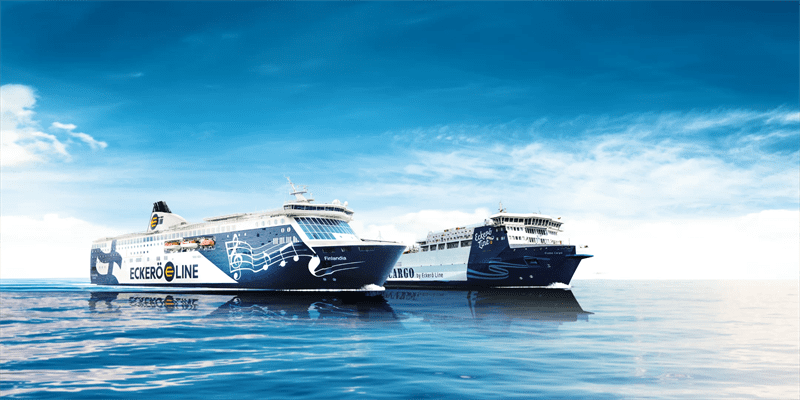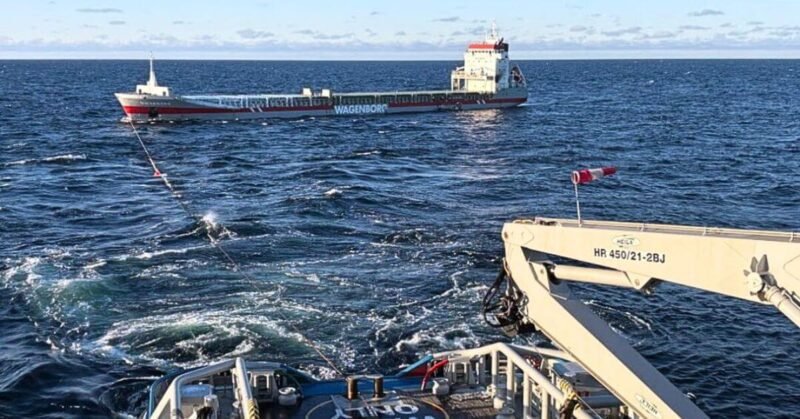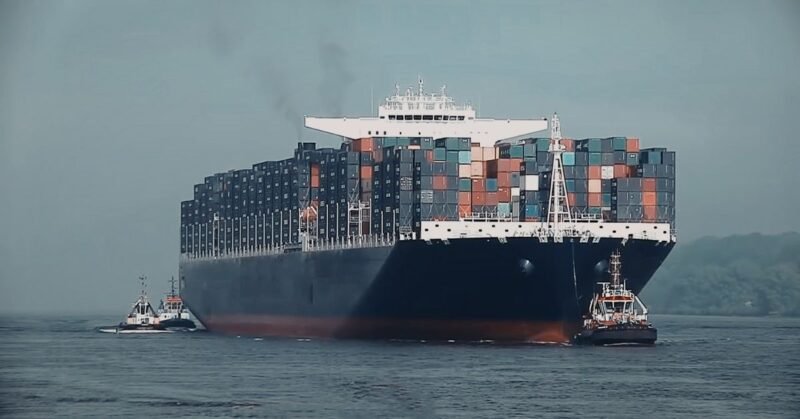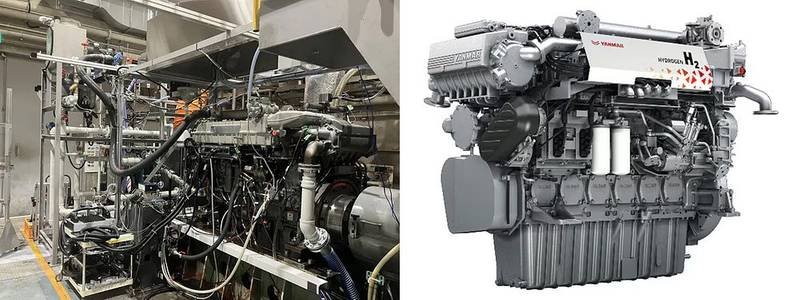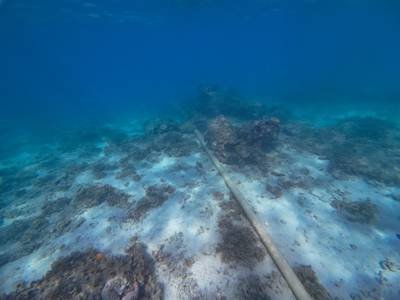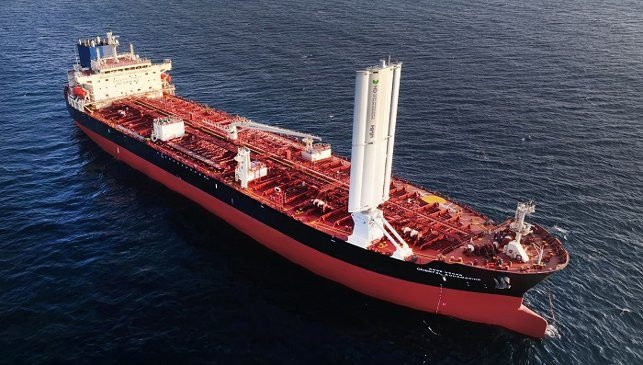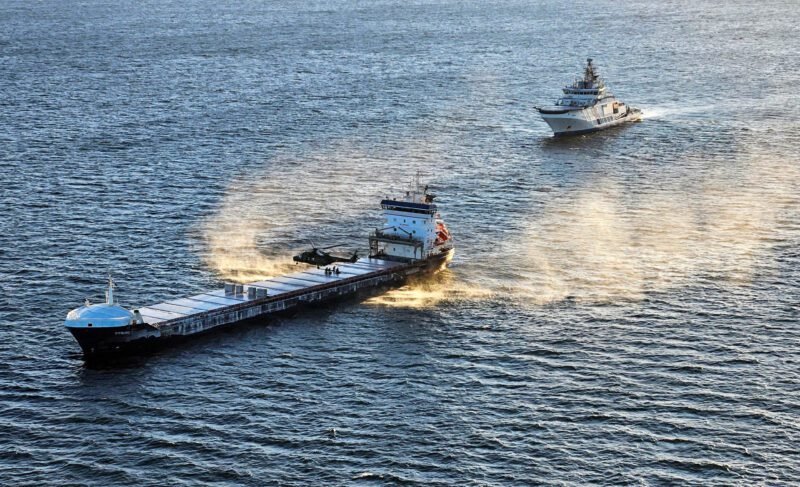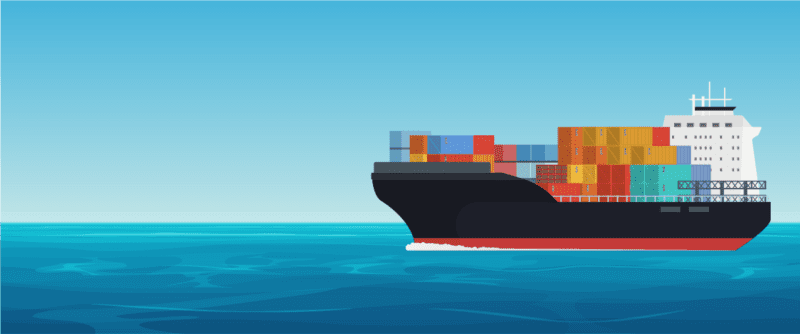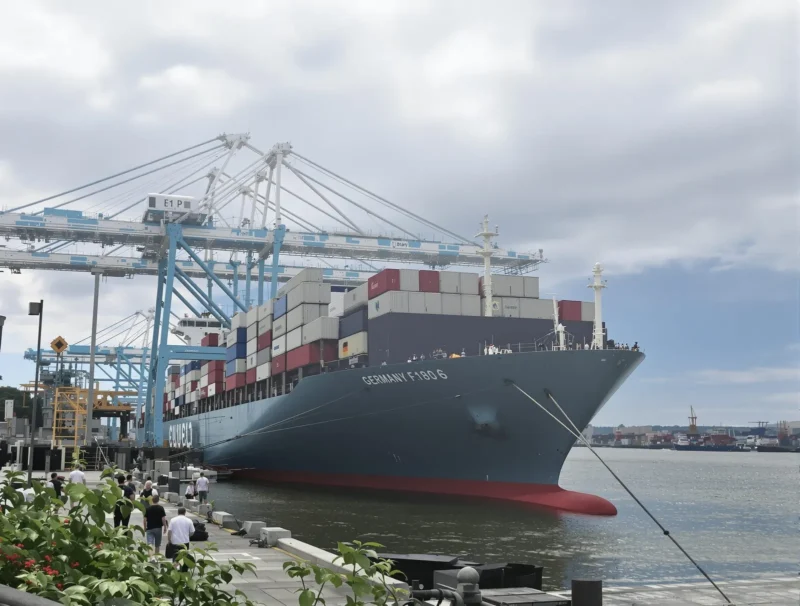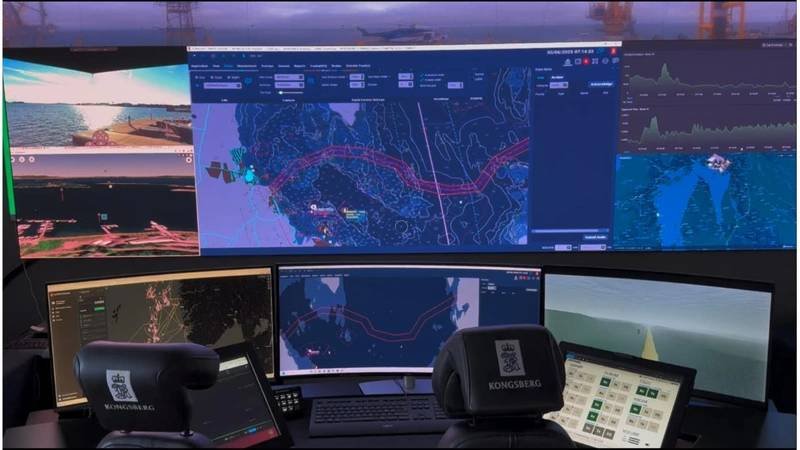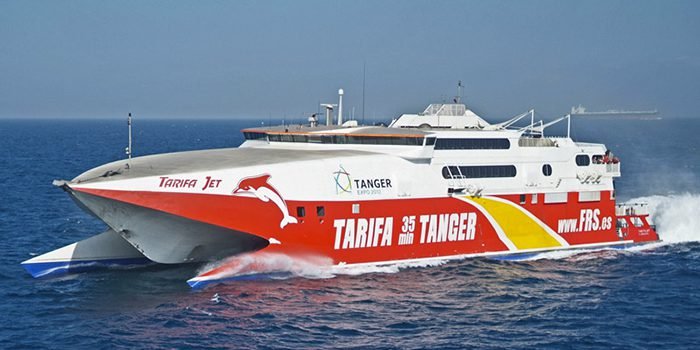Eckerö Line, a Finnish ferry company operating between Helsinki and Tallinn, is partnering with Neste, a Finnish sustainable fuel producer, to reduce maritime emissions in the Baltic Sea. By using clean fuels, the company aims to meet the 2% emissions reduction requirement of the FuelEU Maritime regulation that came into effect in 2025. Eckerö Line has adopted Neste’s renewable diesel for its commercial maritime transport, which is made from 100% waste and residue raw materials and reduces greenhouse gas emissions by an average of 90% compared to fossil diesel.
In addition to using renewable diesel, Eckerö Line has implemented various measures to reduce fuel consumption and emissions. The company has made speed adjustments and technical improvements, such as renovating its vessel Finlandia with optimized rudders and propeller blades, resulting in a 12% decrease in fuel consumption. Furthermore, the installation of double-ramp loading technology on Finbo Cargo has reduced time spent in port, enabling slower speeds at sea and lowering emissions.
Eckerö Line is also exploring alternative fuels and battery technology as part of the green corridor project, aiming to create a sustainable maritime transport route between Helsinki and Tallinn. The initiative, launched in 2023 through a memorandum of understanding signed by key stakeholders from Helsinki, Tallinn, and other partners, seeks to develop environmentally neutral transport options for both passengers and freight customers. Through these efforts, Eckerö Line is setting an example in transitioning towards lower-emission transport in the maritime sector.


